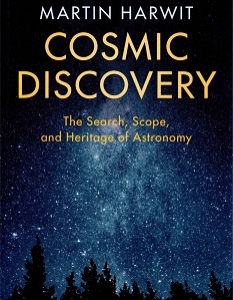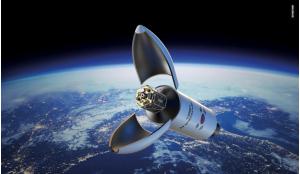In such a fast-paced science as astronomy, it seems strange to consider reissuing a book that was first published in 1981. Since then, electronics technology for detectors and computer processing has progressed in leaps and bounds, while space missions to the planets and moons of the solar system have revolutionised the view of our cosmic backyard. So why republish now?
The author – astronomy professor at Cornell and director of Washington’s National Air and Space Museum – tackles the question head on in his preface to this new edition. The main reason is, he says, that many of the “fundamental questions astrophysicists were asking in the late 1970s…remain unanswered”. More importantly, it’s not a book about the state of knowledge at a given time; more about the tools required by the astronomical community, where those tools come from and how the subject is funded. As it turned out, the original edition proved extremely useful to at least two directors of NASA’s Astrophysics Division in pitching their programmes to Congress.
The book itself is divided into five chapters: The Search; Discoveries; Observation; classification issues; and planning. The final 50-odd pages adds appendices, references and an unusual ‘glossary/index’. For an astronomy text it’s a bit short on illustrations, but, as implied above, it’s not really about planets and galaxies, more about the history of discovery and the technology that makes it possible.
Considering the breadth of author-experience consolidated in the text, every young astronomer or astrophysicist should read it, if only to see how their own narrow area of research fits into the bigger picture. It’s this sort of context that improves funding bids and enhances career paths.











